What happens if Google loses its antitrust case?
Decisive legal action could allow competitors to take a bite out of Google’s market share

Connor Jones
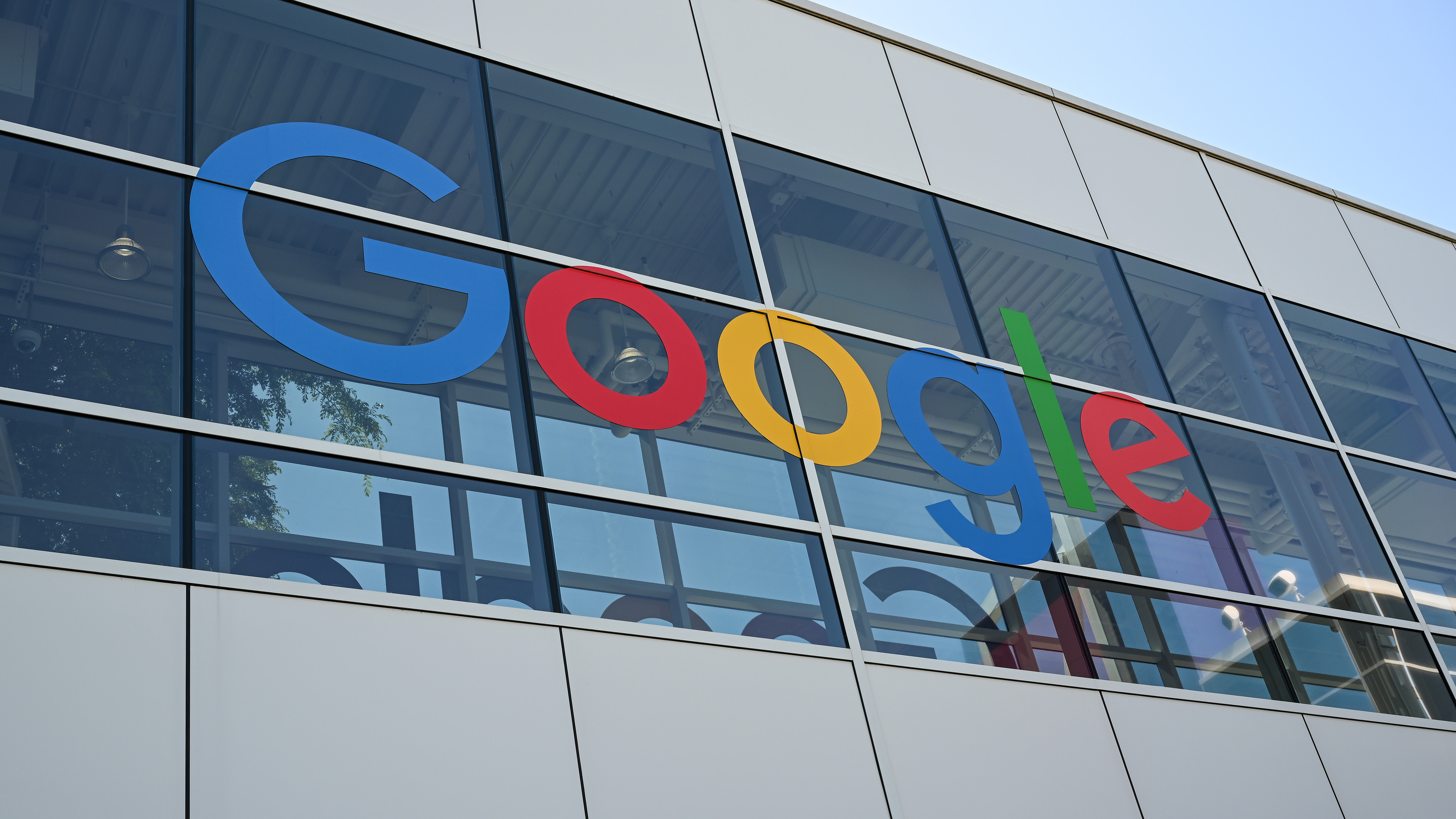
Sign up today and you will receive a free copy of our Future Focus 2025 report - the leading guidance on AI, cybersecurity and other IT challenges as per 700+ senior executives
You are now subscribed
Your newsletter sign-up was successful
Google has entered its first day of court against the Department of Justice (DoJ), in what is likely to be a prolonged and decisive case that could radically alter the firm’s standing.
The tech giant stands accused of violating antitrust laws through its dominance of the internet search engine market, and unduly stifling competition within the sector.
Among its alleged anti-competitive practices is its search engine exclusivity agreements with firms such as Apple, which guarantee Google Search is set as the default search engine in major web browsers.
“As one of the wealthiest companies on the planet with a market value of $1 trillion, Google is the monopoly gatekeeper to the internet for billions of users and countless advertisers worldwide,” the DoJ wrote in its original press release for the case.
“For years, Google has accounted for almost 90% of all search queries in the United States and has used anti-competitive tactics to maintain and extend its monopolies in search and search advertising.”
If US District Judge Amit Mehta comes to the conclusion that Google used illegal methods to achieve and maintain its dominance, the search and AI firm could face repercussions that loosen its decades-long grip on the market.
The DoJ requested relief including a requirement for Google to undergo “structural relief as needed to cure any anti-competitive harm,” but did not go into further detail on this.
Sign up today and you will receive a free copy of our Future Focus 2025 report - the leading guidance on AI, cybersecurity and other IT challenges as per 700+ senior executives
How this structural relief will look, if it is eventually required of Google, is difficult to call at this stage. Perhaps the natural first thought is to restructure or relinquish some control over Google’s subsidiaries, the list of which is extensive.
That said, given Google Search is not a part of subsidiaries like YouTube, this ‘restructuring’ could apply more to Google’s internal projects and endeavors.
One of these endeavors forms a major focal point of the landmark case. The DoJ has claimed that Google spends billions of dollars a year in contracts with leading browser developers so it can remain the default search engine across leading products in the market. Safari and Firefox are two such examples.
RELATED RESOURCE

In April 2023, The New York Times reported that Samsung was considering dropping Google as the default search engine on its phones in favor of Microsoft’s Bing. The publication alleged this would cost Google $3 billion in lost revenue from its Samsung contract.
This didn’t come to pass, but it showcases how valuable these lucrative browser agreements are to Google, not just from a financial perspective. To spend this much just to make its search engine the default across leading devices means the company deems these agreements important to its overall success with Search. If the courts ruled that Google must limit the number of these contracts it’s allowed to agree, or prohibit them altogether, perhaps over time users would be exposed to different search engines, eventually leading to a wider abandonment of Google’s.
That said, there is evidence to suggest that users will seek out Google Search whether it’s forced on them or not. Stats company Ahrefs reported in 2021 that “google” was among the top 3 search terms on Bing - the default search engine for Microsoft Edge - after “facebook” and “youtube”, another Google-owned service.
Could this be because Google, through years of alleged strategic monopolization of the space, has cemented itself as a genericized trademark for searching the internet? Users just know when they need the internet, they need Google Search as well… or is it simply because Google has built the best search product in the world? Perhaps it's a combination of the two.
Google’s agreements with browser developers essentially remove the friction involved in manually switching default search engines - something that most people would probably admit to being a significant blockade in switching to an alternative. It takes advantage of users’ laziness and lawmakers will surely examine whether users would bother making the manual switch back to Google Search if they were instead presented with a comparably powerful alternative by default.
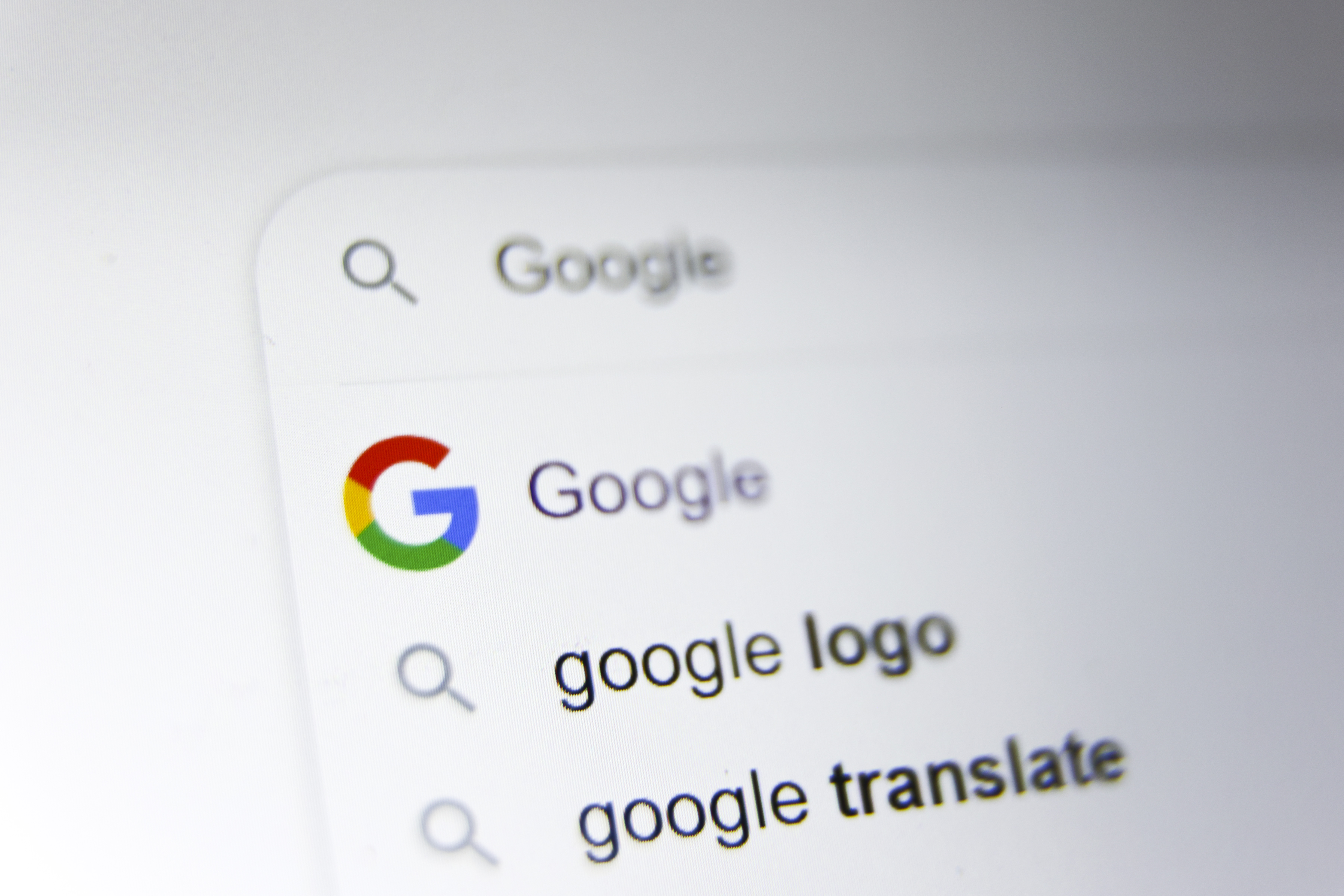
Google Search’s revenues were again a highlight of parent company Alphabet’s most recent earnings report in July. It generated a total of $42.6 billion, just shy of a $2 billion year-on-year increase. Indeed, Search is seriously big business for Google and as such it comes as no surprise it chooses to spend a healthy chunk of the company's earnings on ensuring that growth continues on an upward trajectory.
Losing significant portions of market share could be hugely damaging to Google’s bottom line. Search is the company’s most lucrative unit and as a result, widespread losses across the firm, necessitating cuts and financial recuperation, would almost certainly be on the cards.
Aside from the money paid to keep Google Search as the default for large swathes of users, another key focal point of the case will examine whether Google is in breach of anti-competition law by making its search engine the default for the Android mobile platform.
It’s difficult to criticize Google too much here. Regardless of its practices elsewhere in the market, prohibiting it from making its own technology the default on a platform it develops would be a difficult argument to make without subjecting the broader industry to similar debate.
RELATED RESOURCE

Winning the data-centric digital business in this decade
Learn why Dell should be a top consideration when you're looking to leverage power from your data.
DOWNLOAD FOR FREE
Should Apple stop installing Safari on iPhones and Macs by default? And if ‘yes’ to that, where does it end? Should Apple stop installing its own reminders app too? Its own weather app? Manufacturers need to provide essential applications and services with the tech they ship, so it’s difficult to define what’s excessive or anti-competitive and what isn’t here. Many would agree having a default browser and search engine is a prerequisite for selecting a preferred search engine.
If pressed too hard here, Google would be driven to once again shine a light on Microsoft’s practices, as it did in its blog post on the matter, which still sees the Edge browser installed on user devices by default. This still happens despite suggestions from the DoJ in the only antitrust case of comparable significance to Google’s - United States v. Microsoft Corp. - a case that was eventually settled in 2001 after three years of courtroom debate.
Here, the DoJ argued that the mandatory inclusion of Internet Explorer within Windows was anti-competitive and attempted to force Microsoft to allow users to purchase Windows without the search browser or uninstall it if they chose to.
Google’s dominance in the AI market could also be weighed against claims that it’s operating a search monopoly. As the operator of the chatbot Bard and developer of the large language model (LLM) PaLM 2, Google is in a strong position to integrate AI services into search in-house, which could work to extend its market share and stamp out AI competitors.
Although Google has announced plans to increase the presence of AI within Google Search, Microsoft’s integration of AI within Bing is already well underway. This is another avenue where regulators may struggle to justify punitive action without widening this to other big tech firms such as Microsoft and Meta under the same terms.
Ultimately, Google will be looking to avoid a repeat of the United States v. Microsoft Corp. case. It will, of course, fight for the outcome it feels it deserves, but it will hope for the case to be concluded much quicker than Microsoft’s.

William Barr, then-Attorney General in 2020, when Google’s case was announced, said: “The increased competition following the Microsoft case enabled Google to grow from a small start-up to an internet behemoth. Unfortunately, once Google itself gained dominance, it resorted to the same anti-competitive playbook”.
It’s this argument, that Google is stifling the kind of room for competitive innovation that it enjoyed in the early 2000s, which will play a core role in the DoJ’s case.
Google’s president of global affairs, Kent Walker, described the lawsuit as “deeply flawed” when it was first announced in October 2020. In a blog post published on 8 September 2023, Walker argued Google’s case ahead of trial.
“Our promotion and distribution of Google Search hasn’t harmed competition or reduced consumer choice,” he wrote.
“To the contrary, there are more ways than ever to find information today. Just think about how you use the internet – you may look for recommendations on TikTok, Reddit, or Instagram, find music and podcasts on Spotify, ask ChatGPT a question, or shop on Amazon. In fact, it’s reported that over 60% of Americans start product searches on Amazon.”
Google’s position in the search market is incontrovertibly dominant, and as such has long been scrutinized by competitors. The conclusion of this case will shape the industry significantly, regardless of how it ends. If Google is compelled to restructure itself so the market is more open to competitors, it could cost the company billions in the long run, with huge impacts on its most thriving unit. If its conduct is deemed compliant with anti-competition law, it will be interesting to see how contenders like Microsoft step up their efforts to eat up the market share on which Google has had an iron grip for so long.

Rory Bathgate is Features and Multimedia Editor at ITPro, overseeing all in-depth content and case studies. He can also be found co-hosting the ITPro Podcast with Jane McCallion, swapping a keyboard for a microphone to discuss the latest learnings with thought leaders from across the tech sector.
In his free time, Rory enjoys photography, video editing, and good science fiction. After graduating from the University of Kent with a BA in English and American Literature, Rory undertook an MA in Eighteenth-Century Studies at King’s College London. He joined ITPro in 2022 as a graduate, following four years in student journalism. You can contact Rory at rory.bathgate@futurenet.com or on LinkedIn.
- Connor JonesContributor
-
 Are hyperscalers backing out of Net Zero?
Are hyperscalers backing out of Net Zero?ITPro Podcast Expanding data center construction and demand for high-energy workloads are pushing hyperscalers off course on carbon
-
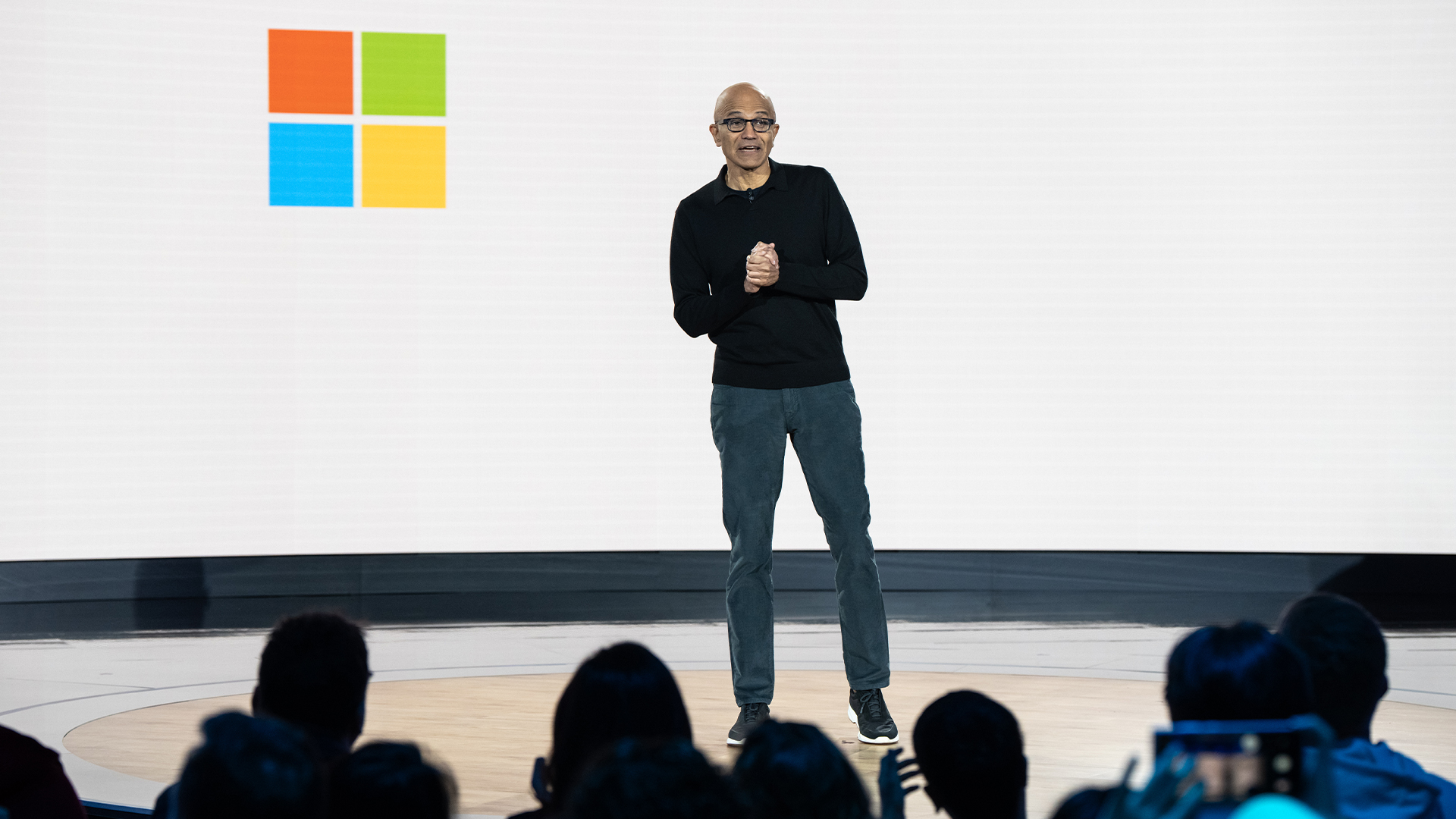 Microsoft CEO Satya Nadella says UK ties are 'stronger than ever' as tech giant pledges $30bn investment
Microsoft CEO Satya Nadella says UK ties are 'stronger than ever' as tech giant pledges $30bn investmentNews Microsoft CEO Satya Nadella says it's commitment to the UK is "stronger than ever" after the tech giant pledged $30bn to expand AI infrastructure and build a new supercomputer.
-
 Alphabet to spend $10bn more this year on cloud kit — taking total to $85bn
Alphabet to spend $10bn more this year on cloud kit — taking total to $85bnNews Google tops up AI and cloud infrastructure spending amid AI boom and positive results
-
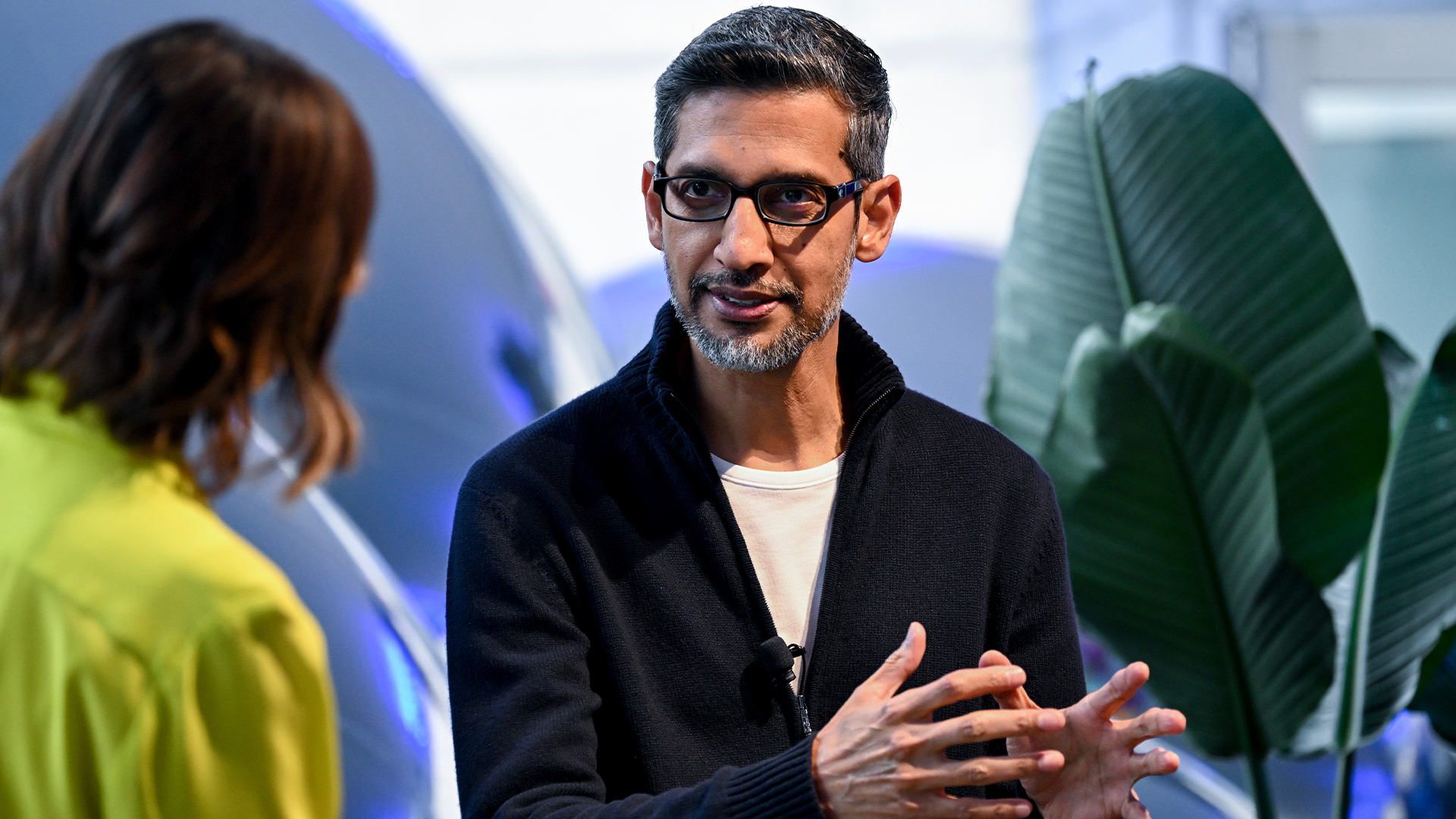 Google CEO Sundar Pichai is unfazed by AI job cuts — workers might not share the same optimism
Google CEO Sundar Pichai is unfazed by AI job cuts — workers might not share the same optimismAnalysis Google CEO Sundar Pichai is upbeat about the impact of AI on the workforce, but workers might not share the same optimism amid repeated waves of job cuts.
-
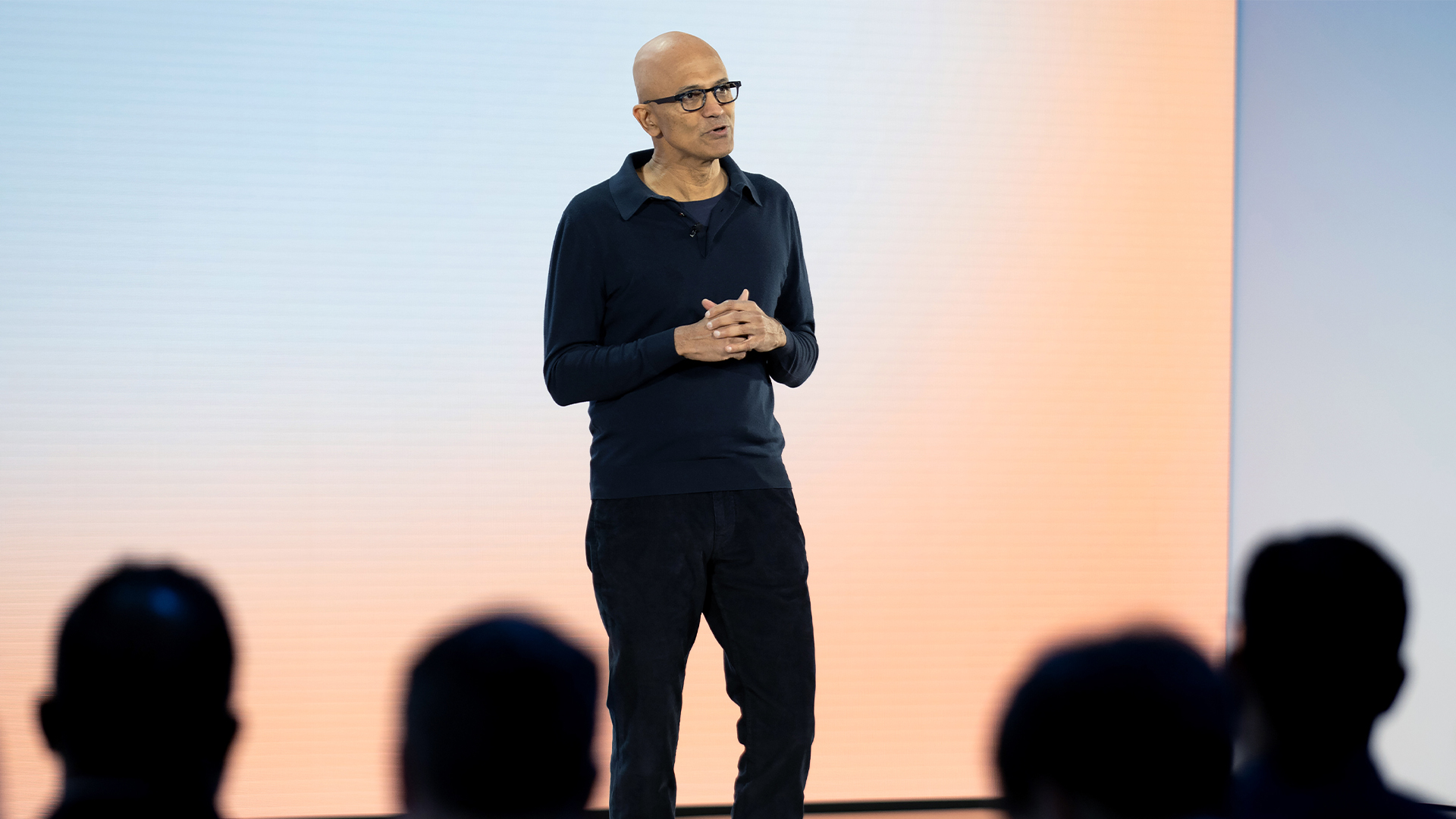 Microsoft workers face a fresh round of layoffs – here’s who could be impacted
Microsoft workers face a fresh round of layoffs – here’s who could be impactedNews Microsoft will cut 6% of its workforce, equivalent to around 6,000 workers, as part of its latest cost-cutting drive.
-
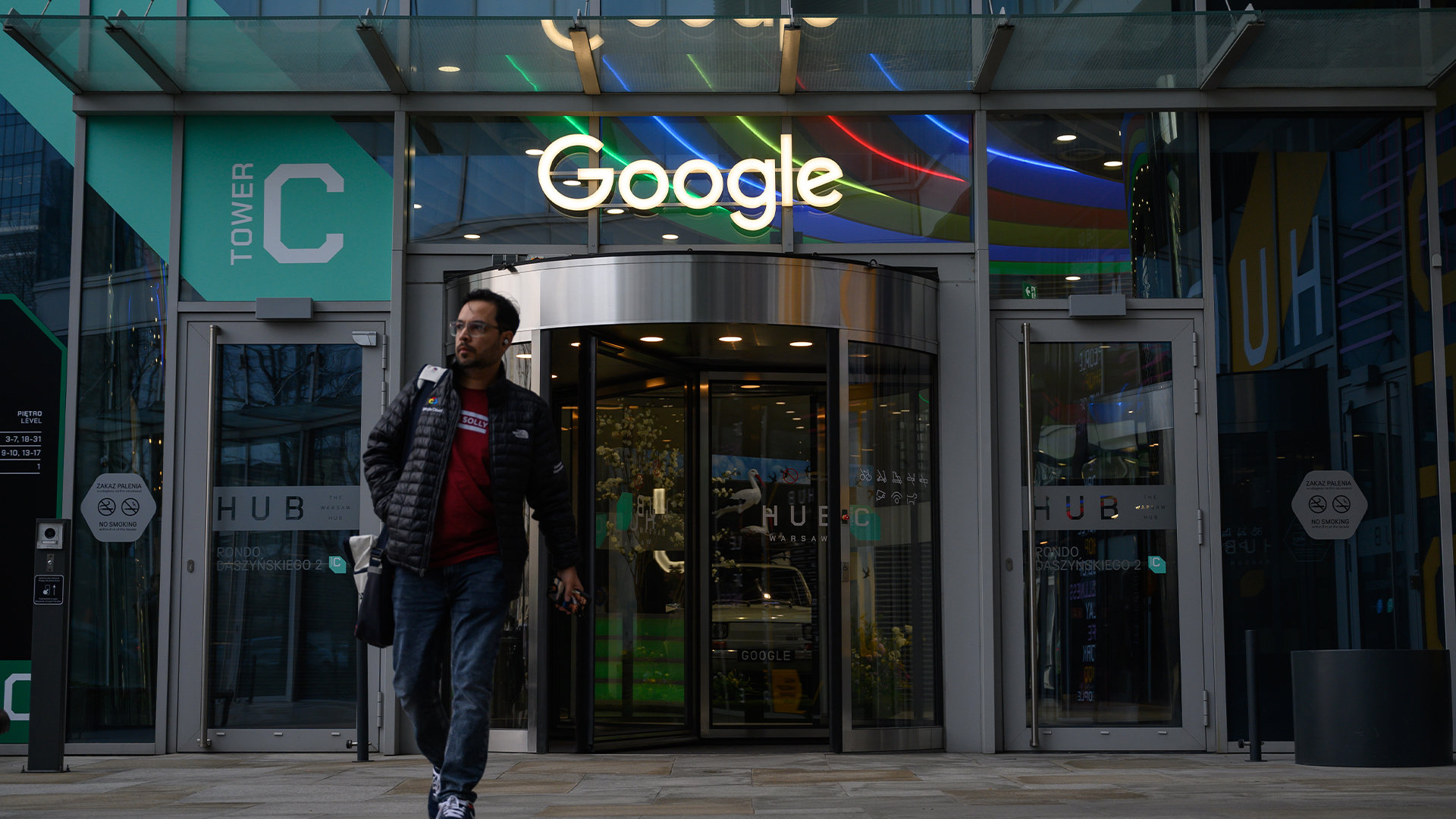 Google tells some remote workers to return to the office or risk losing jobs
Google tells some remote workers to return to the office or risk losing jobsNews Google has warned remote workers will need to return to the office or else lose their jobs, according to reports.
-
 Google breakup plans would ‘hurt America’s consumers, economy, and technological leadership’, senior exec claims
Google breakup plans would ‘hurt America’s consumers, economy, and technological leadership’, senior exec claimsNews Google has struck back against US regulators, claiming that plans to dismantle the company would "hurt the economy".
-
 Google faces 'first of its kind' class action for search ads overcharging in UK
Google faces 'first of its kind' class action for search ads overcharging in UKNews Google faces a "first of its kind" £5 billion lawsuit in the UK over accusations it has a monopoly in digital advertising that allows it to overcharge customers.

